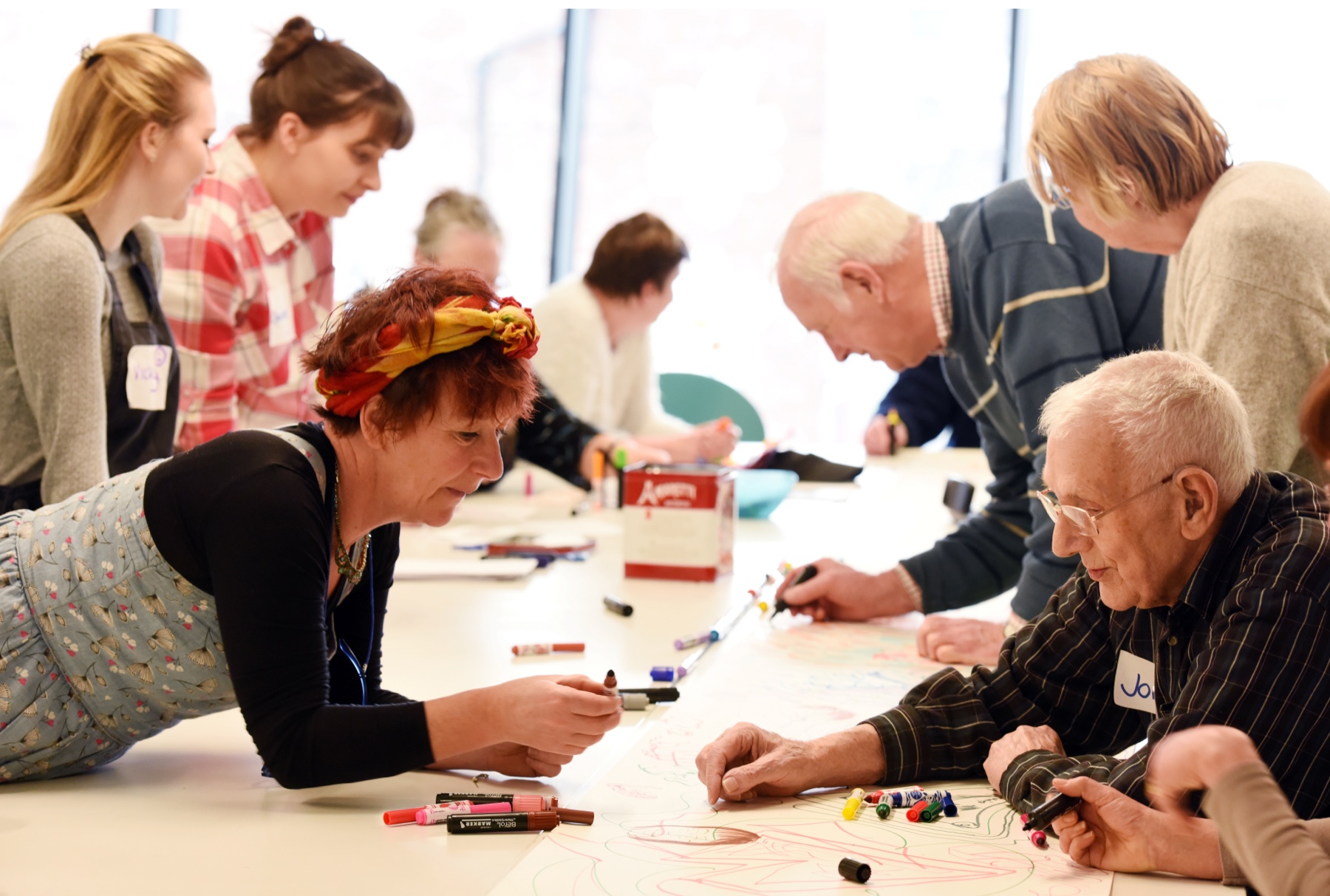Speech and Language Sciences: Resources for Practitioners
Welcome to the speech and language sciences resources page. The resources available here have been developed by researchers for use in clinical practice.
Resources for assessment, intervention and audit
We want our research and teaching to be of direct relevance to practice. One of the ways we do this is to ensure resources which arise out of our teaching and/or research are available to speech and language therapists. We've developed resources around assessment, intervention and audit.
Newcastle University aphasia therapy resources
The Newcastle University aphasia therapy resources are based on extensive experience within the Tavistock Aphasia Centre based at Newcastle University. They draw on research into aphasia and aphasia therapy, combined with the expert knowledge of a large group of specialist speech and language therapists.
Comprehensive assessment of reading in Aphasia
The Comprehensive Assessment of Reading in Aphasia (CARA) has been designed to be used by speech and language therapists (SLTs) and other qualified professionals to assess reading in people with aphasia.
This will shortly be available. If you want to register your interest in CARA, please contact aphasia@ncl.ac.uk
Audit checklist
An audit checklist for exploring provision for relatives and carers of people with aphasia, in association with NETA (The North East Trust for Aphasia).
The checklist encapsulates recommendations in a functional format. It enables services to look at their care pathway, develop interventions. It helps monitor whether their provision is perceived by relatives as helpful. It is a flexible tool, that can be used selectively to explore relatives’ perceptions of service provision in the clinical situation, or in research. You can find the Audit checklist here.
BEST resources
BEST is a theoretically motivated early language intervention (Building Early Sentences Therapy - BEST), which has been developed through partnership between academics and practitioners. BEST is for children aged between three years and six years who have yet to consistently produce three phrase spoken sentences such as “the man is eating an apple”.
Read about our evaluation of the effectiveness of BEST intervention on our Lively Project webpages here. You can find the BEST resources here.
Newcastle phonological awareness resources
The Newcastle Assessment of Phonological Awareness (NAPA) is a dynamic criterion referenced assessment of phonological awareness with low memory and language load. Syllable and phoneme level skills are assessed and the starting point for intervention identified. This assessment is suitable for use by speech and language therapists and teachers with children in the Early Years Foundation Stage and Key Stage 1.
The Newcastle Intervention for Phonological Awareness (NIPA) is a step by step intervention for children with phonological awareness difficulties. It is particularly aimed at children with speech sound disorder, vocabulary and literacy learning difficulties that are linked to poor phonological awareness. It is used in Newcastle University Children's Speech and Language Clinic and by speech and language therapists and early years practitioners.
The NAPA and NIPA are available for free to practitioners under the Creative Commons Attribution-ShareAlike 4.0 International License from the Newcastle Phonological Awareness Website https://research.ncl.ac.uk/phonologicalawareness/
